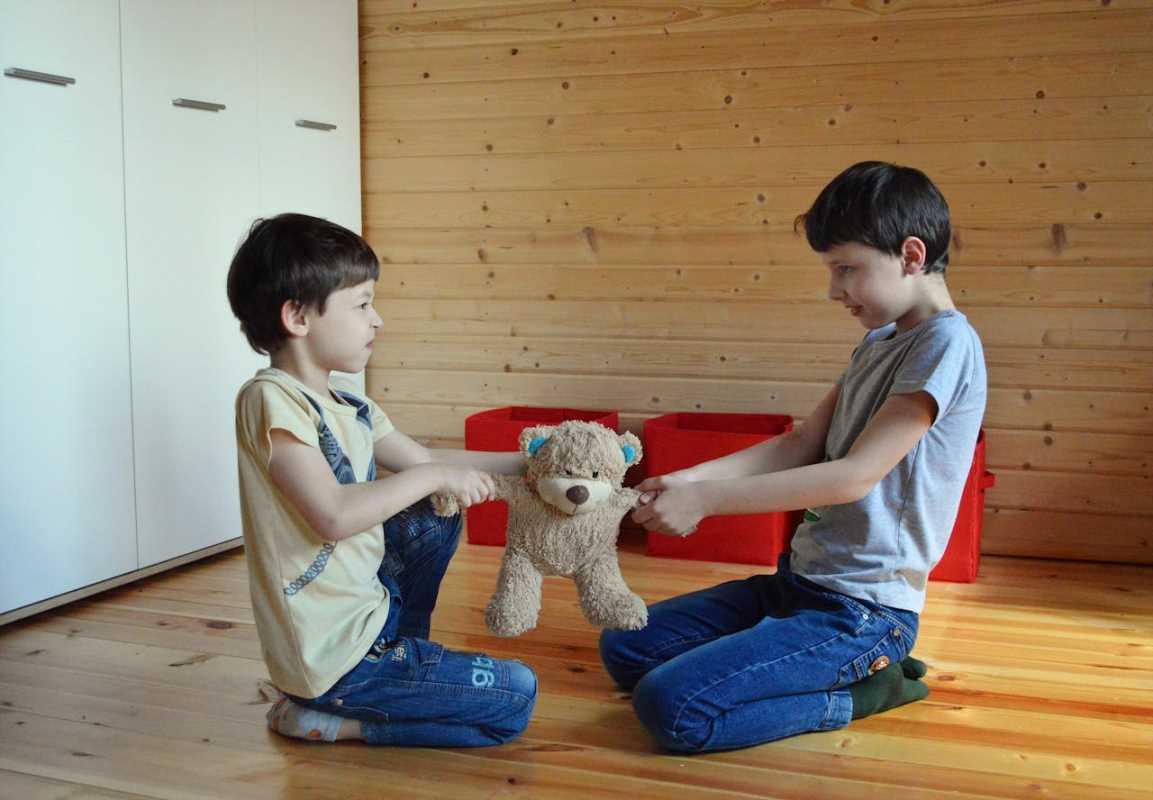Teaching children to be responsible for their actions is one of the most important roles parents and caregivers take on. Accountability helps kids develop self-discipline, empathy, and the confidence to own their choices. However, instilling accountability without resorting to shame can sometimes feel challenging. Shaming can damage a child’s self-esteem, leading to negative emotional outcomes and fear-based behavior. Instead, children thrive in environments where they feel supported, understood, and encouraged to learn from their mistakes.
This article explores the value of teaching accountability, offers strategies for promoting responsibility with kindness, and highlights the long-term benefits of fostering a shame-free environment for growth.
Why Teaching Accountability?
Children are not born understanding accountability—it is a learned skill. Taking responsibility for actions helps kids understand how their behavior impacts others, builds trust, and nurtures their ability to solve problems.
Without accountability, children may find it harder to form positive relationships or manage responsibilities as they grow older. For instance, a child who isn’t encouraged to acknowledge and correct mistakes might struggle with teamwork in school or find it challenging to handle constructive feedback. Teaching accountability early prepares children to face challenges with confidence and resilience.
Accountability, however, is not about assigning blame. It focuses on helping children recognize their role in a situation, learn from their choices, and take meaningful steps toward improvement. This process unfolds most effectively when children feel respected and safe, without the fear of shame clouding the conversation.
Strategies to Encourage Responsibility Without Shame
Building accountability in children doesn’t mean perfection is expected. It’s about creating opportunities for them to learn and grow in ways that affirm their self-worth. Here are several actionable strategies to guide this process:
1. Model Accountability Through Your Own Actions
Children learn best by example. A parent or teacher who openly admits to mistakes and takes steps to correct them sends a powerful message. Saying something like, “I forgot to pack your lunch today, and I’m sorry. I’ll make sure to double-check tomorrow,” demonstrates how to take responsibility with humility while focusing on solutions.
2. Use Positive, Constructive Language
Avoid labeling a child as “bad” or “thoughtless” when they make a mistake. Statements like “You always break things because you don’t care” can lead to feelings of shame and inadequacy. Instead, frame the conversation in a way that highlights the behavior, not the child’s character. For example, “Accidentally knocking the vase over made a mess. Let's clean up, and next time, try to walk more carefully in this area.”
3. Give Clear Expectations and Consequences
Being specific about what is expected helps children connect their actions to outcomes. For instance, saying, “Your responsibility is to feed the dog every morning” provides clarity. If the responsibility is missed, a reasonable consequence, such as pausing a fun activity to refill the bowl, should follow. Consistency in expectations helps kids understand the relationship between actions and accountability.
4. Encourage Problem-Solving Skills
Instead of focusing solely on what went wrong, ask open-ended questions that encourage kids to think critically. Questions like, “What do you think we can do to solve this?” or “How would you handle this differently next time?” invites them to take ownership of the situation and fosters a sense of responsibility.
5. Celebrate Effort and Improvement
Acknowledging progress teaches kids that accountability isn’t about punishment but growth. If a child forgets to complete a chore but remembers without prompting the next time, offer encouragement. A simple, “I noticed you remembered your responsibilities today—great job!” reinforces positive behavior and builds confidence.
6. Balance Consequences with Empathy
Consequences are an essential part of instilling accountability, but they should be paired with understanding and support. After a misstep, a calm discussion about the impact of their actions helps children process their behavior without feeling attacked. For example, instead of scolding a child harshly for breaking a rule, express concern by saying, “What you did made me sad because it hurt your sister’s feelings. How can we make things right?”
Long-Term Benefits of a Shame-Free Approach
A child who learns accountability in a non-shaming environment develops a stronger sense of self-worth. They feel empowered to take risks and explore new challenges because they know mistakes are opportunities to learn, not reasons for ridicule.
Over time, this approach strengthens critical life skills like emotional intelligence and problem-solving. A teenager who grows up with these values is more likely to step forward in challenging situations and own up to errors rather than deflect blame. These skills are essential for healthy personal relationships and professional success.
Additionally, a shame-free approach builds trust between children and their caregivers. Kids feel safe discussing their mistakes when they know they won’t face harsh judgment, fostering open communication and a deeper parent-child bond.
Making Accountability a Family Value
Promoting accountability within a family works best when it becomes a shared practice. Encourage open conversations about responsibility and involve children in problem-solving as a team. Regular family check-ins or discussions about solutions can reinforce that accountability is a positive, ongoing process—not a one-time event.
It’s also important to be patient. Accountability is a skill that takes time to develop, especially as children test boundaries and learn limitations. Celebrate their successes, guide them through missteps, and remember that your support plays an essential role in shaping responsible adults.
Creating a supportive environment where accountability thrives builds stronger relationships and enables children to approach challenges with courage and integrity. With the right strategies, you can help children learn to own their choices, grow from mistakes, and thrive in all areas of their lives. Their progress and resilience will not only benefit them today but also continue to shape their futures in meaningful ways.
 (Image via
(Image via





